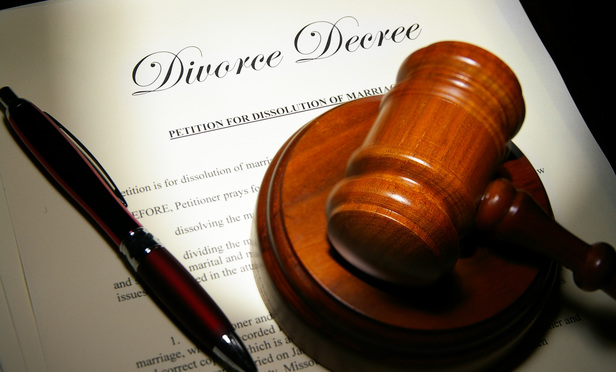No legal issues are being watched as closely by family lawyers as the issues involving same-sex marriage and divorce. Currently, same-sex couples have the freedom to marry in 36 states, the District of Columbia, and certain counties in Missouri. According to an NBC News/Wall Street Journal poll released in March, 59 percent of Americans favor same-sex marriages and only 30 percent oppose them. Despite this change, Texas not only denies same-sex couples the right to marry but also denies them the ability to divorce, even when their marriage was legally entered into in a sister state. It is this problem that confounds family law practitioners.
Texas Family Code §2.001(a) states that “a man and woman desiring to enter into a ceremonial marriage must obtain a marriage license…” and that license “may not be issued for the marriage of persons of the same sex.” Further, Texas Family Code §6.204(b) explicitly states that a same-sex marriage or civil union “is contrary to the public policy of this state and is void in this state,” while §6.204(c)(1) forbids Texas courts, agencies, and political subdivisions from recognizing the validity of a same-sex marriage that occurred in this state or any other jurisdiction. Section 6.204(c)(2) goes on to prevent an agency or political subdivision of our state from giving effect to any “right or claim to any legal protection, benefit or responsibility asserted as a result of” any same-sex marriage or civil union in this state or any other jurisdiction.



